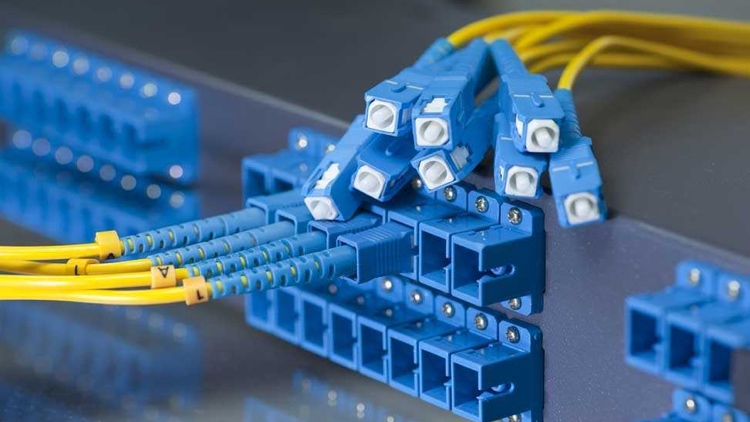advertisement
Liquid Partners Nokia To Deploy Terrestrial Network In SSA

Nokia has been selected by Liquid Intelligent Technologies to deploy a next-generation optical transport network connecting Kenya, Uganda, Rwanda, the Democratic Republic of Congo (DRC), Zambia, Zimbabwe, and South Africa.
As part of the agreement, Nokia, said in a statement, it is deploying a first-of-its-kind terrestrial network connecting submarine landing stations in Kenya, South Africa, and DRC to create a highway with the potential to handle massive traffic across the Sub-Saharan African continent.
As part of the agreement, Nokia said it is deploying 145 nodes of 1830 Photonic Service Switch (PSS) in the seven countries with a total design capacity up to 12 Terabits per second. Once launched, the new, advanced optical transport backbone will enable Liquid to address the growing demand for capacity and deliver submarine traffic to landlocked countries at an affordable cost.
advertisement
Liquid’s new optical backbone covers the sites with a colourless and flexgrid ROADM network for improved agility and flexibility. The Generalized Multi-Protocol Label Switching (GMPLS) feature of the new optical transport network will help reduce network disruptions by enabling automatic rerouting to alternate paths as needed.
Shahzad Manzoor Khan, Group Chief Technology Officer at Liquid, said, “Internet giants, established cloud service providers and other mega-organisations are demanding hyperscale data centres that can support high levels of performance, spikes in demand, and redundancy while enabling massive availability. Our new terrestrial fiber corridor is the first of its kind in Africa in terms of distance and capacity. We are thrilled to partner with Nokia on this prestigious project which will transform Africa’s digital infrastructure and propel the region’s economy.”
Rajiv Aggarwal, Head of the Central East and West Africa (CEWA) Market Unit at Nokia said, “We are delighted that our technology and expertise will help Liquid Intelligent Technologies provide the best-in-class digital infrastructure to Africa’s enterprises and will play a role in strengthening the digital infrastructure of the continent.”